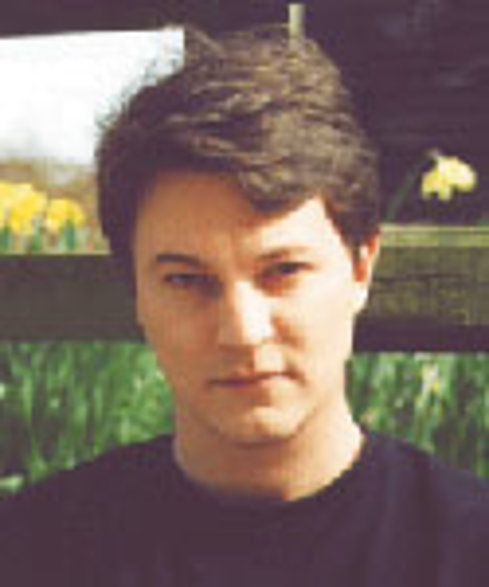2003 Finalist Dr. Rudolf Cardinal

Dr. Rudolf Cardinal was born in Norwich, UK, and grew up in Folkestone, UK. He studied medical sciences and neuroscience at the University of Cambridge, where he received his bachelor's degree in 1996 and then pursued courses in clinical medicine and surgery, earning his PhD in behavioral neuroscience under the supervision of Prof. Barry Everitt. He was awarded his MB Bchir PhD in 2001. His PhD thesis examined the neuropsychology of reinforcement processes, including the contribution of the anterior cingulate cortex to Pavlovian conditioning and the neuroanatomy of impulsive choice. After qualifying, he worked as a house physician and surgeon in East Anglian hospitals, and he is now a neuroscience lecturer at Cambridge.
Succumbing to instant gratification without the nucleus accumbens.
When animals act to obtain rewards, their actions are sometimes rewarded or reinforced immediately, but often this is not the case; to be successful, animals must learn to act on the basis of delayed reinforcement. They may also profit by choosing delayed reinforcers over immediate reinforcers if the delayed reinforcers are sufficiently large. Individuals differ in their ability to do this: self-controlled individuals are better able to choose delayed rewards than impulsive individuals. Impulsive choice contributes to psychiatric disorders, including drug addiction and attention-deficit/hyperactivity disorder.Damage to the nucleus accumbens core (AcbC) caused rats to become impulsive in their choices, preferring small, immediate rewards to larger, delayed rewards; damage to two of its afferents (the anterior cingulate and medial prefrontal cortex) did not. AcbC damage also impaired the rats ability to learn to act when the consequences of their actions were delayed. Impairment of AcbC function may therefore underlie some symptoms of impulse-control disorders.
For Dr. Cardinals’s full essay, see Science Online at sciencemag.org.
